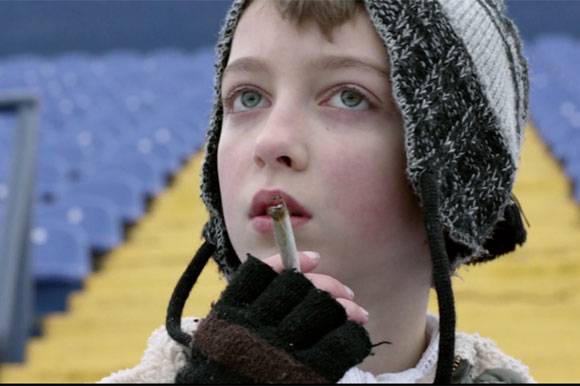Looking back at 2016 he also said, “It was toughest to maintain the cash rebates, which come from the state. It put us in peril destabilising Croatia as a partner in international coproductions. Croatian producers were taking personal bank guarantees in their budgets during a six month period, until the 20% cash rebate was secured again,” Hribar said. He also said that, looking ahead to international productions planning to shoot in Croatia in 2017, the cash spend is expected to bounce back and well exceed 2015 levels.
Seven international productions came through the incentives programme compared to ten in 2015, including the eighth part of the Star Wars saga and the 10-episode series Knightfall produced for History Channel.
Hrvoje Hribar also told FNE, “Our new national strategy is to build the impact of Croatian films and art houses in small towns, by building up the network in smaller towns.” He noted that on the domestic scene Croatian comedies are performing well with audiences. Internationally, he said, “Croatian films were present at all the main festivals in 2016.” He explained, “We came onto the scene relatively late and there is some curiosity. Our films show the new face of Croatia.”
Admissions to domestic films decreased slightly by 6.5 percent, while total admissions increased by 13.5 percent.
Croatia was uniquely situated in the Oscar competition in 2016, with seven Croatian films vying for a nomination in the foreign language film category (thanks to Croatia’s position as a coproducer on six films from outside the country) and one short film eligible in the Best Short Film category.
PRODUCTION
According to HAVC, four feature films and an omnibus-film were shot in Croatia with HAVC’s support in 2016: Dead Fish / Mrtve ribe, directed by Kristijan Milić and produced by Eurofilm, Agape, directed by Branko Schmidt and produced by Telefilm, The Eighth Commissioner / Osmi povjerenik, directed by Ivan Salaj and produced by Alka film, The Mystery of Green Hill / Uzbuna na Zelenom Vrhu, directed by first-time director Čejen Černić and produced by Kinorama, and the omnibus-film Deep Cuts by Filip Peruzović, Filip Mojzeš and Dubravka Turić, whose first part was also shot in 2016.
The following documentaries were shot with the support of HAVC in 2016: Vanka, directed by Branko Ivanda and produced by Ars Septima, The Gentlemen’s League, directed by Silvio Mirošničenko and produced by Hrvatski filmski savez, Apnea, directed by Bojana Burnać and produced by Restart, and Neighbours, directed by Tomislav Zaja and produced by Gral film. I Want, I Can, I Know, directed by Antonia Dubravka Carnerdud and produced by Hrvatski film d.o.o., finished both shooting and postproduction in 2016.
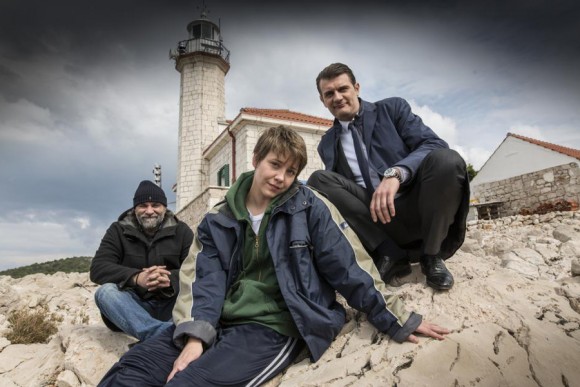 No long animated film was produced in 2016.
No long animated film was produced in 2016.
According to Filming in Croatia, the special department within the Croatian Audiovisual Centre, seven projects used the incentives scheme in 2016 and spent approximately 8,708,735 EUR in Croatia with an estimate rebate of 1,654,561 EUR.
These projects are: Space Bear by Rian Johnson aka Star Wars 8 (produced by Space Bear Industries Ltd with Croatia’s Formula Film servicing), Three Heists and a Hamster / Alle for Tre by Rasmus Heide (produced by Fridthjof Film, Spiritus Movens servicing), Knightfall directed by Douglas MacKinnon and produced by A&E Television Network (U.S.) and Stillking Films (Czech Republic) with PAKT Media servicing, Den bedste mand by Mikkel Serup (produced by Nimbus Film), All Inclusive by Karin Fahlen (produced by Avanti film), McMafia by James Watkins (produced by CPL Godman Limited), all serviced by MP Film Production, and Year Million by Mark Elijah Rosenberg (produced by PSYM Kft /Radical Media Limited, services by Embassy Films).
The shooting of the eighth film of the Star Wars franchise re-ignited the discussion around the opportunity of building a film studio in Dubrovnik. Local authorities are contemplating the idea and already have the support of the Ministry of Culture and Embassy Films, the Croatian company which provided services for several international productions, including HBO’s Game of Thrones.
Someone Dies Tonight, directed by Aurelio Toni Agliata and starring Eric Roberts, was also shot in Croatia in March 2016.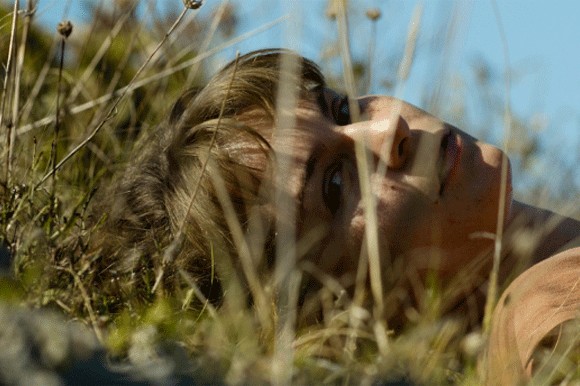
Game of Thrones season 7 was also shot in Dubrovnik in 2016, but it did not apply for incentives.
In 2015 ten international productions benefitted of tax incentives and generated 20.498.310 EUR / 155,787,160 HRK in income.
DISTRIBUTION
A total of 217 films were released in 2016, compared to 200 in 2015. Nine domestic films were released in 2016 compared to eight in 2015.
The biggest domestic distributor is Blitz, which had revenues in the amount of approximately 16.6 m EUR / 126 m HRK and profits of almost 6 m EUR / 45 m HRK in 2016, according to Total Croatia News.
The second leading Croatian distributor is Continental Film.
Ivona Juka’s debut feature You Carry Me / Ti mene nosiš was bought by Netflix in 2016. You Carry Me was produced by Croatia's 4 Film in coproduction with Slovenia’s Vertigo, Serbia's Sloane Film Production and the Montenegrin Galileo Production.
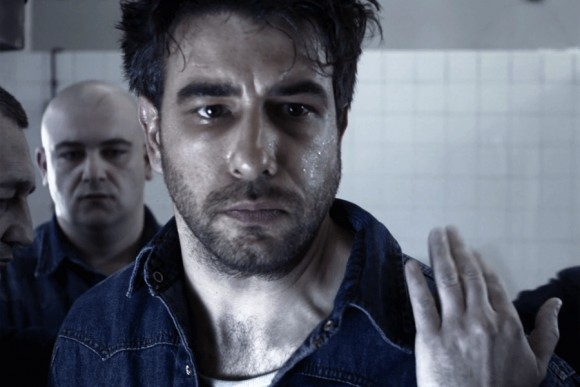 The High Sun (Kinorama) by Dalibor Matanić was broadcast on HBO in 2016, as well as Žiga Virc’s Slovenian/Croatian/Georgian coproduction Houston, We Have a Problem!.
The High Sun (Kinorama) by Dalibor Matanić was broadcast on HBO in 2016, as well as Žiga Virc’s Slovenian/Croatian/Georgian coproduction Houston, We Have a Problem!.
Britain’s Global Series Network purchased licensing for Rest in Peace at the end of 2016. This is the first time that a Croatian series will be broadcast in Great Britain. Rest in Peace was also acquired by the Belgian Flemish Radio and Television (VRT) in 2015, becoming the first series developed by the Croatian Audiovisual Centre to be broadcast in Western Europe.
The series created and produced by Dario Vince through Ring Multimedia, was also the first Croatian series to be sold to the US at the beginning of 2014 when Lionsgate bought remake rights.
Croatian/Danish drama Quit Staring at My Plate by Hana Jušić, which competed in Venice Days 2016, was acquired by New Europe Film Sales. It was produced by Kinorama in coproduction with Beofilm.
The Constitution by Rajko Grlić was acquired by Latido Films and Goran by Nevio Marasović by Wide Management.
Keshet International acquired the rights to the TV series The Paper / Novine, directed by Dalibor Matanic and produced by Drugi Plan for the Croatian Television.
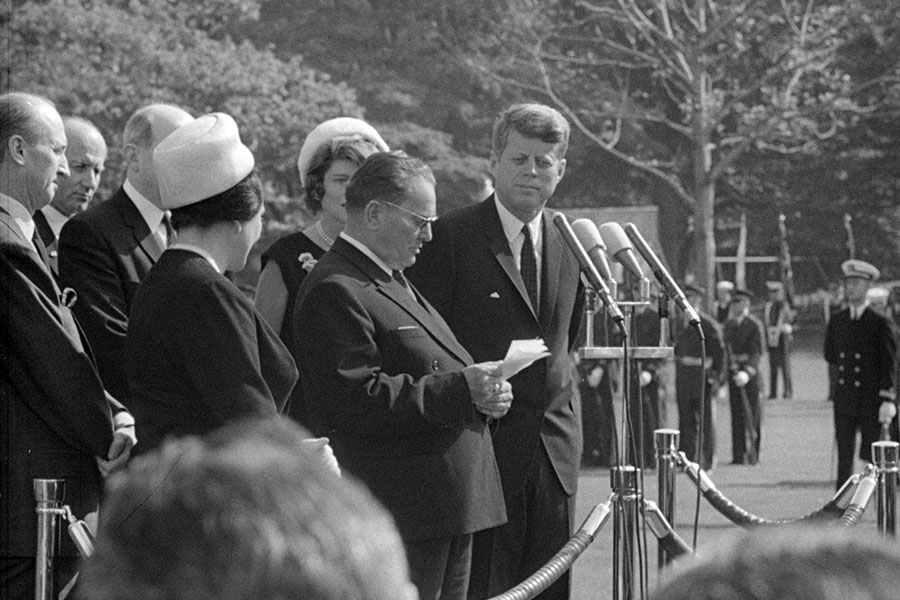 Zrinko Ogresta’s Croatian/Serbian coproduction On the Other Side has been selected as Croatia’s entry for the Best Foreign Language Film at the 89th Academy Awards. On the Other Side premiered in the Panorama section of the 66th Berlin Film Festival in 2016 and received a Special Mention from the Europa Cinema Label jury. The film was produced by Interfilm in coproduction with Serbia’s Zillion film and the Croatian Television. Cercamon is handling the sales. The film will screen in several European territories including the Benelux, Italy, France and Austria, and also in America and India starting January 2017. At the beginning of 2017 the film was already released in Turkish cinemas.
Zrinko Ogresta’s Croatian/Serbian coproduction On the Other Side has been selected as Croatia’s entry for the Best Foreign Language Film at the 89th Academy Awards. On the Other Side premiered in the Panorama section of the 66th Berlin Film Festival in 2016 and received a Special Mention from the Europa Cinema Label jury. The film was produced by Interfilm in coproduction with Serbia’s Zillion film and the Croatian Television. Cercamon is handling the sales. The film will screen in several European territories including the Benelux, Italy, France and Austria, and also in America and India starting January 2017. At the beginning of 2017 the film was already released in Turkish cinemas.
Cinema Mediterranean, the project of cinema revival in Dalmatia aiming to renew movie theaters and bring movie screenings to smaller towns, continued its activity in 2016. Cinema Mediterranean is a shared project of the Mediterranean Film Festival Split and all the host towns. According to Alen Munitić, the initiator of the project and the director of Mediterranean Film Festival Split, in 2016 a total of 102 films had 517 screenings and 23,561 visitors.
The caravan started in 2012 with 33 screenings in 11 towns and attracted 4,000 viewers. In 2015 the project screened 98 European and international films in 25 towns in 370 screenings with 19,500 visitors.
“We are even happier because 7,500 visitors came during winter time, when there are no tourists," Munitić told FNE. Some 70% of screenings were independent films, with huge focus on European and Croatian titles.
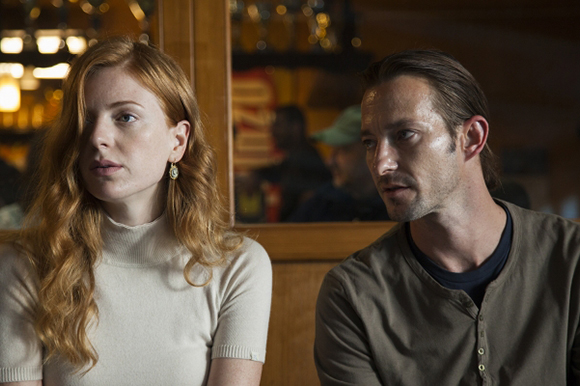 In 2016 Cinema Mediteranean managed to equip three more cities: Supetar, Jelsa and Lastovo. “Together with the other five cities digitialised in 2015 (Bol, Hvar, Imotski, Komiza, Pirovac), we have now eight cities where we have returned cinemas for good", Munitić told FNE.
In 2016 Cinema Mediteranean managed to equip three more cities: Supetar, Jelsa and Lastovo. “Together with the other five cities digitialised in 2015 (Bol, Hvar, Imotski, Komiza, Pirovac), we have now eight cities where we have returned cinemas for good", Munitić told FNE.
Also in 2016 Kino Mediteran became member of the Europa Cinemas network.
Robert Berberih, the CEO of Continental Film told FNE that VOD is not as strong in Croatia as it should be: “VOD still does not have a big share in our business; it did not continue the tradition that was set by video rentals. It has a solid income, but nothing too drastic. As long as the piracy problem exists, and it is still a big problem, I don’t see any big impact of VOD in near future”, Berberih said.
Croatia was uniquely situated in the Oscar competition in 2016, with seven Croatian films vying for a nomination in the Foreign Language Film category (thanks to Croatia’s position as a coproducer on six films from outside the country) and one short film eligible in the Best Short Film category.
Croatia, directly or indirectly, had eight candidates in the Foreign Language Film category. Croatia was not only represented by the feature film On the Other Side by Zrinko Ogresta, but also by a number of minority Croatian coproductions: Macedonia’s candidate The Liberation of Skopje by Rade and Danilo Šerbedžija (Croatian coproducer MP Film Productions), Georgia’s candidate House of Others by Rusudan Glurjidze (Croatian coproducer Embrio Productions), Romania’s candidate Sieranevada by Cristi Puiu (Croatian coproducer Spiritus Movens), Iceland’s candidate Sparrows by Rúnar Rúnarsson (Croatian coproducer MP Film Productions) Serbia’s candidate Train Driver’s Diary by Miloš Radović (Croatian coproducer Interfilm), as well as Slovenia’s candidate Houston, We Have a Problem! by Žiga Virc (Croatian coproducer Nukleus Film). The Beast by Daina O. Pusić was also eligible to compete for a nomination in the Best Short Film category.
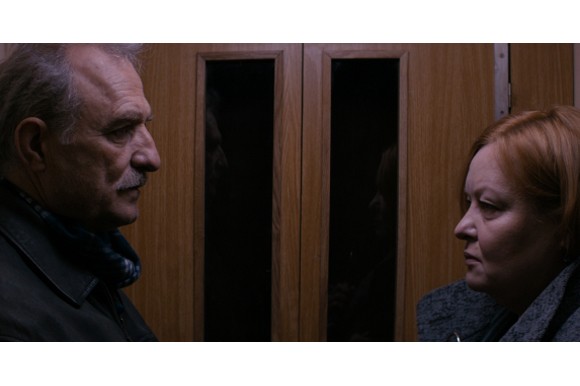 EXHIBITION AND BOX OFFICE
EXHIBITION AND BOX OFFICE
Kino Europa from Zagreb, Croatia, the main venue of Zagreb FF, was awarded for Best Programming 2016 by Europa Cinemas on 8 November 2016.
The Croatian Independent Cinema Network, comprising 35 cinemas, was founded under the auspices of HAVC in September 2014 and received a green light in February 2015.
According to Continental Film’s estimations, in 2016 total admissions increased by 13.5 percent from 3,969,040 in 2015 to 4,505,139 in 2016.
Total gross increased by 14.7 percent from 15,315,273 EUR / 115,403,887 in 2015 to 17,567,153 EUR / 132,372,288 HRK in 2016.
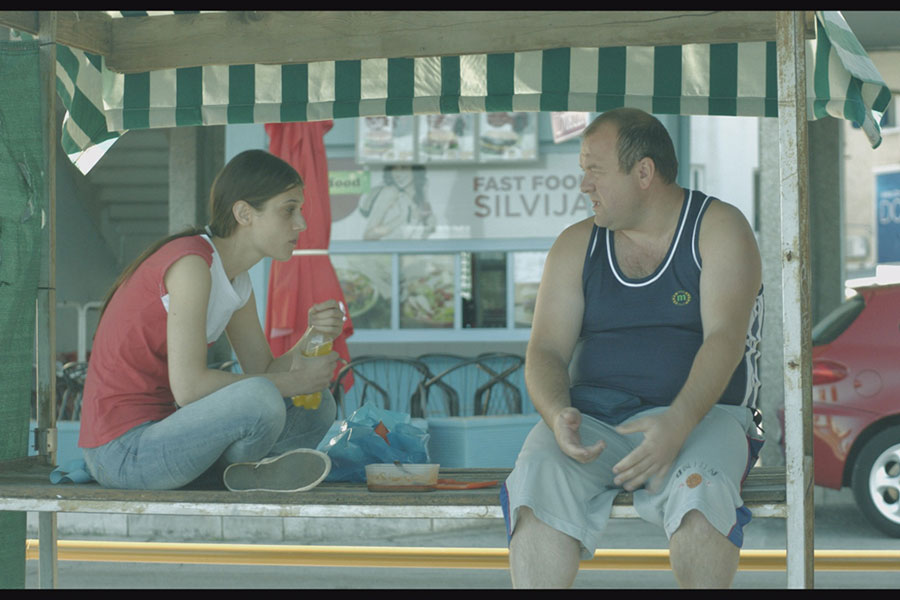
Total admissions Top Ten 2016 is composed of: Ice Age: Collision Course, Deadpool, The Secret Life of Pets, Suicide Squad, Rogue One: A Star Wars Story, Dirty Grandpa, Kung Fu Panda 3, Trolls, Finding Dory and The Angry Birds Movie.
According to HAVC, admissions to domestic films decreased by 6.5 percent from 143,378 in 2015 to almost 134,000 in 2016.
Admissions to domestic films were 124,453 in 2014.
Domestic admissions Top Ten in 2016 was topped by ZG80 directed by Igor Šeregi and produced by Kinoteka with 66,342 estimated admissions, followed by Shooting Stars directed by Ivan-Goran Vitez and produced by Inter Film in coproduction with Serbia’s Zillona film (released in 2015), with 54,660 estimated admissions in 2016, and The Constitution / Ustav Republike Hrvatske directed by Rajko Grlić with 32,481 estimated admissions.
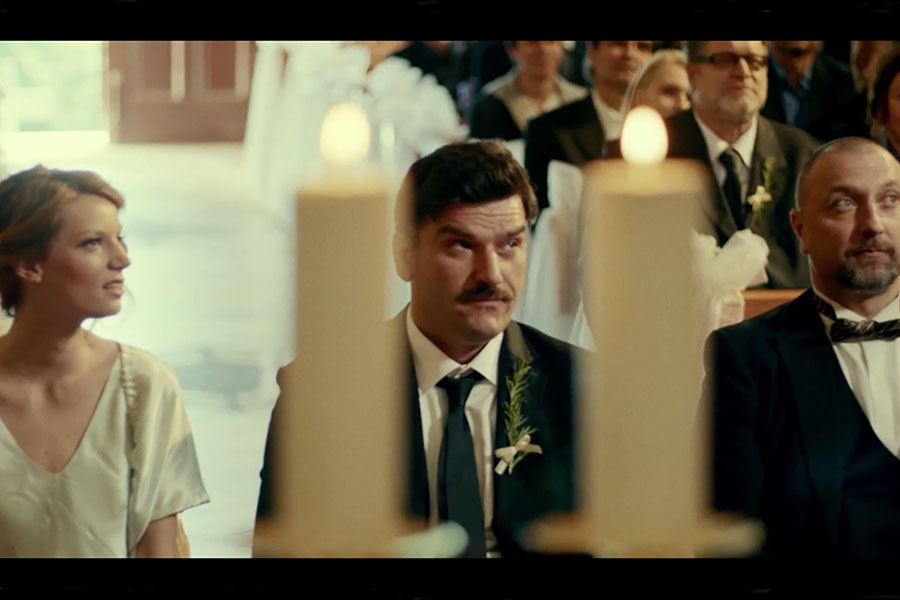 The top also includes: Gazda directed by Dario Juričan and produced by Udruga Blank, All the Best / Sve najbolje directed by Snjezana Tribuson and produced by Kinorama, Ministry of Love / Ministarstvo Ljubavi directed by Pavo Marinković and produced by Telefilm, Quit Staring at My Plate / Ne gledaj mi u pijat directed by Hana Jusić and produced by Kinorama, Goran directed by Nevio Marasović and produced by Antitalent, On the Other Side / S one strane directed by Zrinko Ogresta and Life Is a Trumpet / Život je truba directed by Antonio Nuić and produced by Propeler Film. It is worth noting that Croatian minority coproductions are not usually included in the domestic top ten.
The top also includes: Gazda directed by Dario Juričan and produced by Udruga Blank, All the Best / Sve najbolje directed by Snjezana Tribuson and produced by Kinorama, Ministry of Love / Ministarstvo Ljubavi directed by Pavo Marinković and produced by Telefilm, Quit Staring at My Plate / Ne gledaj mi u pijat directed by Hana Jusić and produced by Kinorama, Goran directed by Nevio Marasović and produced by Antitalent, On the Other Side / S one strane directed by Zrinko Ogresta and Life Is a Trumpet / Život je truba directed by Antonio Nuić and produced by Propeler Film. It is worth noting that Croatian minority coproductions are not usually included in the domestic top ten.
The Croatian hit of 2015, The High Sun by Dalibor Matanić, had 42,815 admissions compared to the 2014 hit, Love and Death by Daniel Kušan, which sold 39,849 tickets.
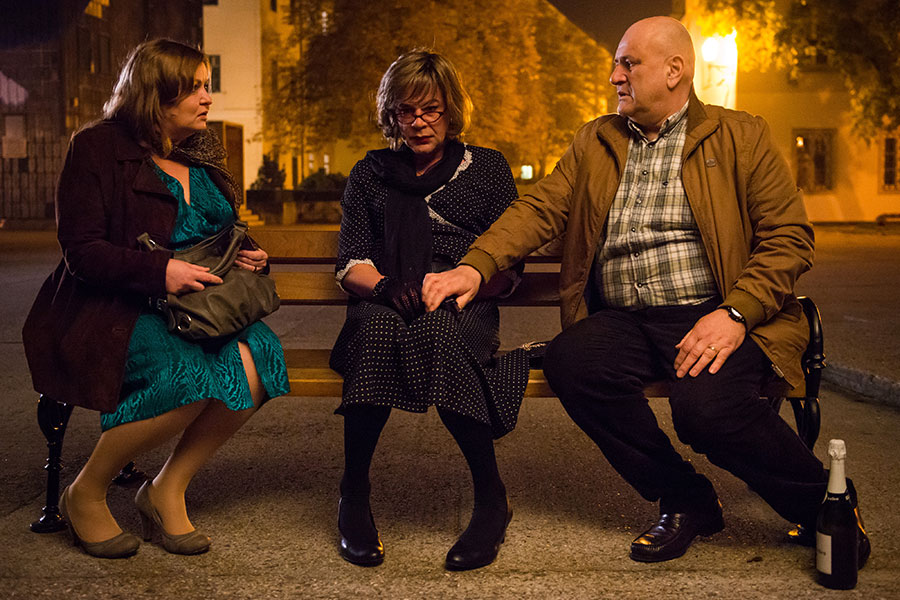 GRANTS AND LEGISLATION
GRANTS AND LEGISLATION
The most important film institution is the Croatian Audiovisual Centre (HAVC), founded in January 2008. HAVC operated with an annual budget of 7.5m EUR in 2012 and had an annual support for film production of 7,54m EUR in 2013 and of 7.22m EUR in 2014. The Board of HAVC reappointed Hrvoje Hribar as Chief Executive for a second four-year term beginning in December 2014.
HAVC’s budget for 2016 was 10.7 m EUR.
On 1 June 2016 HAVC allotted 337,846 EUR / 2,537,050 HRK as development funding for feature films, documentaries and animated films, as well as for short films production. Four short films received 144,158 EUR / 1,082,550 HRK, while the rest of the funding went to animated films, documentaries and feature films script development, and also for documentaries and feature films project development.
In August 2016 HAVC approved 277,488.50 EUR as project development and script development grants for TV series and individual works for animated projects, documentaries and dramas. The third season of the acclaimed crime series Rest in Peace, the first series developed by HAVC broadcast in Western Europe, was among the winners.
On 23 September 2016 HAVC approved 556,730 EUR / 4,178,000 HRK for minority coproductions and animated films. A total of 308,880 EUR / 2,318,000 HRK was allotted to animated films and 247,850 EUR / 1,860,000 HRK to minority coproductions.
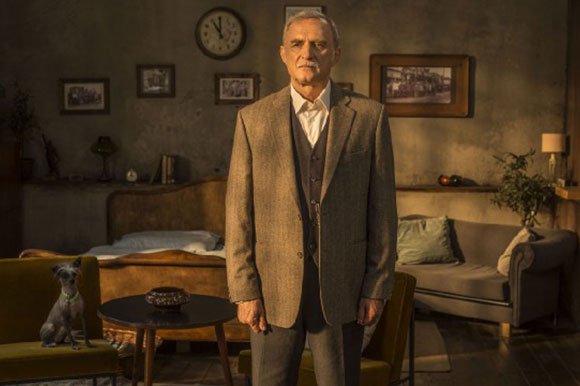 On 4 October 2016 HAVC allotted 1,436,403 EUR / 10,790,000 HRK for the production of three feature films, one debut feature and one experimental film. New feature films by Vinko Brešan, Antonio Nuić and Dejan Aćimović received funding, as well as the debut feature Zbornica by Sonja Tarokić.
On 4 October 2016 HAVC allotted 1,436,403 EUR / 10,790,000 HRK for the production of three feature films, one debut feature and one experimental film. New feature films by Vinko Brešan, Antonio Nuić and Dejan Aćimović received funding, as well as the debut feature Zbornica by Sonja Tarokić.
On 28 October 2016 HAVC allotted 264,253EUR / 1,984,690 HRK for short film production grants as well as script and project development grants. Four shorts received production grants totaling 121,163 EUR / 910,000 HRK. Script and project development grants went to documentaries and animated films.
After two lawsuits and two Ministers of Culture, the Croatian Audiovisual Centre is back to normal operations, HAVC director Hrvoje Hribar told FNE in November 2016.
“We survived a seven-month onslaught,” Hribar said. The HAVC responded to a move to, in effect, dismantle the center and cut off funding for film industry, with two lawsuits. Hribar credited the endurance of HAVC to having a level of independence from direct governmental interference.
The first lawsuit, which addressed the refusal of the former Minister of Culture, Zlatko Hasanbegovic, to appoint a new board to oversee Croatia’s cash rebate system after the term of the previous board expired, was dropped after the outgoing Minister signed the necessary paperwork on his final day in office.
The second lawsuit is proving a bit more complicated to end on a graceful note. The lawsuit accused the Minister of what Hribar said were illegal findings, which stated that employees of HAVC were being overpaid by some 20 EUR per month. The new Minister of Culture, Nina Obuljen Korzinek, who assumed office on 19 October 2016, was also on the HAVC board of directors, which was the responsible body for overseeing the operations of HAVC.
In November 2016 Arben Papadhopulli of the Albanian National Center of Cinematography told FNE that the proposal for a Balkan coproduction fund is at the “handshake” stage, with plans to take it to an official level. The fund would include the former Yugoslav territories, Bulgaria, Greece and Italy. “Each country would contribute to the fund,” Papadhopulli told FNE, at a modest level of perhaps 30,000 EUR.
A second initiative, the Balkan forum, would be more of a networking platform for the Balkan region and Italy, which is becoming an important coproduction partner for its neighbors across the Adriatic. The two initiatives are courtesy of the Albanian National Center of Cinematography and would operate under one umbrella.
 A film studio for Croatia is one of the priorities for the film industry. The new Croatian Minister of Culture Nina Obuljen Korzinek told FNE in November 2016, “We’re looking at options for investment in a studio. There is some international interest.”
A film studio for Croatia is one of the priorities for the film industry. The new Croatian Minister of Culture Nina Obuljen Korzinek told FNE in November 2016, “We’re looking at options for investment in a studio. There is some international interest.”
Croatia has been without a major film studio since the privatisation and dismantling of the past regional powerhouse Jadran Film. The Minister added, “One of our priority areas is to have all key stakeholders work together. We aim to stabilise the film industry to make sure our achievements are sustainable.”
Croatia has received 5.3 m EUR in grants from MEDIA since joining in 2008 as the first non-EU member country, bringing in at least four to five times as much as the country’s annual membership fee.
Croatia’s MEDIA Desk Head Martina Petrović said that through 2013 Croatia received 3.3 m EUR and for 2014-2016, it received just over 2 m EUR. Petrović noted that Croatia was easily able to apply for only six of MEDIA’s 14 funding calls, with the bulk of the funding going to single project development, festivals and distribution. As the first non-EU member of MEDIA, Croatia “was used as the example” for other countries in the Balkan region, according to Petrović.
A total of 34 foreign productions have used the tax incentives scheme since its launch in 2012: five in 2012, four in 2013, eight in 2014, ten in 2015 and seven in 2016.
Under the cash rebate scheme, projects can claim back 20% of their qualifying expenditure, which is based on the cost of the Croatian cast and crew working in Croatia, as well as goods and services purchased in Croatia, with a cap of around 2.6m EUR per project.
The Istria Film Commission was launched in July 2015, following the example of Zadar Film Commission in helping filming crews in location scouting, communication with public authorities and domestic producers and crew, obtaining filming permits, and accessing databases.
New film commissions are set to open in Rijeka and Varaždin in 2017.
Additional public support bodies are the Zagreb City Office for Education, Culture and Sport and the Rijeka City Office for Culture.
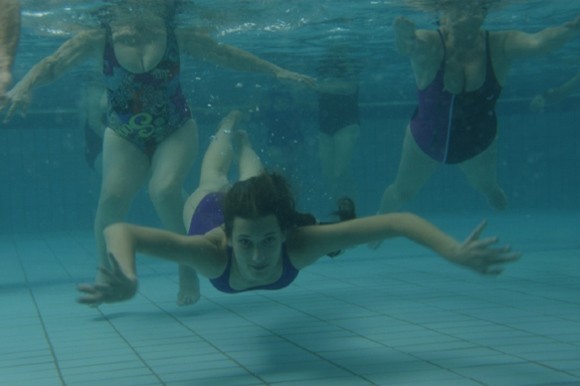 TV
TV
As stipulated by the 2007 Croatian Film Act, Croatian public broadcaster, the Croatian Radiotelevision (HRT), as well as all other Croatian broadcasters with a national concession (Nova TV, RTL) are obliged to contribute towards the funding of the HAVC in the form of a mandatory contribution.
As a public broadcaster, the Croatian Radiotelevision plays an important role in the promotion of national cinema through its two terrestrial and two digital channels and is legally obliged to invest a minimum of 15% of its programming budget in works by independent producers.
In November 2016 HBO Europe's executive producer Steve Matthew made a stop at the 14th Zagreb Film Festival industry programme to give a final push for the first ever call for scripts by HBO Adria, which had a 1 December 2016 deadline.
Matthew told FNE he’s looking for series pilots and the winning script will go into development for local production. The call went out for scripts from Croatia, Serbia, Slovenia, Macedonia, Bosnia and Herzegovina and Montenegro.
Matthew told the audience that HBO is seeking contemporary scripts, with the goal of having five or six projects written, one and a half series produced per year.
The TV series The Paper / Novine, created by Ivica Đikić, Nebojša Taraba and Miodrag Sila and directed by Dalibor Matanić, started shooting on 1 December 2015 and was broadcast in spring 2016. The 12-episode TV series focusing on the decline of the Croatian press and written by the famous journalist and scriptwriter Ivica Dikić was produced by Drugi Plan for the Croatian Television.
In 2016 the Croatian Television also broadcast the second season of the popular TV series Crno-Bijeli svijet directed by Goran Kulenovic, set in ex-Yugoslavia.
CONTACTS:
Croatian Audiovisual Centre (HAVC)
Nova Ves 18
10 000 Zagreb, Croatia
Phone: +385 (0)1 6041 080
Fax: +385 (0)1 4667 819
www.havc.hr
This email address is being protected from spambots. You need JavaScript enabled to view it.
MEDIA Desk Croatia
Ulica Kralja Zvonimira 20
10 000 Zagreb, Croatia
Phone: +385 (0)1 4655 434
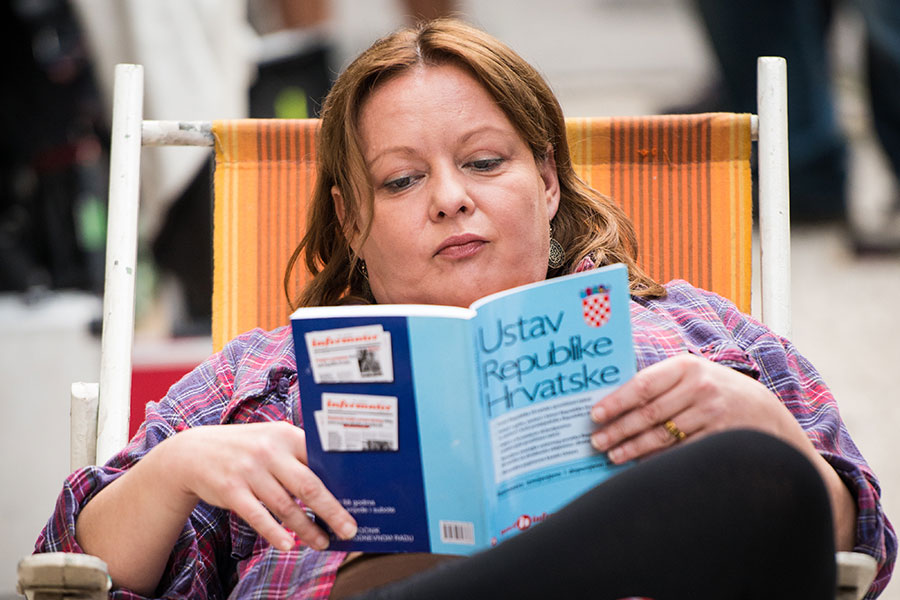 Fax: +385 (0)1 4655 442
Fax: +385 (0)1 4655 442
www.mediadesk.hr
This email address is being protected from spambots. You need JavaScript enabled to view it.
Ministry of Culture- Directorate for Performing Arts and Audiovisual Affairs
Runjaninova 2
10 000 Zagreb, Croatia
Phone: +385 (0)1 4866 408
Fax: +385 (0)1 4866 438
www.min-kulture.hr
Report by Iulia Blaga (2017)
Sources: Croatian Audiovisual Centre, Continental Film
